In this article about herbs for UTI:
🌿 Best Herbs for UTI (Urinary Tract Infection) | 📜 Herbal Preparations and Recipes for Urinary Tract Health | ☯️ Integrating Herbs into Daily Life | 🌱 Navigating Herbs Safely
Urinary tract infections (UTIs) can cause frequent, painful urination and pelvic discomfort. These bacterial infections often lead to a burning sensation when urinating, cloudy urine, and sometimes fever or back pain. UTIs can significantly impact daily life and comfort.
Several herbs offer natural support for urinary tract health. Cranberry, nettle, and goldenseal are known for their potential to fight bacteria and reduce inflammation. When used as part of a comprehensive approach to urinary wellness, these herbs may help prevent UTIs or ease symptoms.
Understanding how to use these herbs effectively is crucial for maximizing their benefits. The following sections will explore each herb’s properties, preparation methods, and safe usage guidelines to naturally support your urinary tract health.
Key Takeaways
- 🌿 Cranberry’s UTI Prevention: Cranberry contains compounds that may help prevent bacteria from adhering to urinary tract walls, potentially reducing UTI frequency.
- 🍵 Natural Diuretics: Herbs like nettle and dandelion act as diuretics, helping flush out bacteria and toxins from the urinary system.
- 🍎 Antimicrobial Properties: Goldenseal and bearberry contain compounds with potential antimicrobial effects against UTI-causing bacteria.
- ❤️🩹 Soothing Inflammation: Corn silk and horsetail may help reduce urinary tract inflammation and discomfort associated with UTIs.
- ✨ Holistic Approach: Combining herbal remedies with proper hydration, hygiene, and lifestyle practices can enhance overall urinary tract health.
🌿 Best Herbs for UTI (Urinary Tract Infection)
Urinary tract infections (UTIs) are common health issues that can cause discomfort and disrupt daily life. Nature offers a variety of herbs that have been traditionally used to support urinary tract health, including cranberry (Vaccinium macrocarpon), nettle (Urtica dioica), goldenseal (Hydrastis canadensis), horsetail (Equisetum arvense), dandelion (Taraxacum officinale), bearberry (Arctostaphylos uva-ursi), and corn silk (Zea mays).
UTIs typically occur when bacteria enter the urinary system, causing inflammation and infection. Common symptoms include a frequent urge to urinate, a burning sensation during urination, cloudy or strong-smelling urine, and pelvic pain in women. In some cases, UTIs can lead to more severe symptoms like fever, back pain, or blood in the urine.
Women are more prone to UTIs due to their shorter urethra, which allows bacteria easier access to the bladder. Other risk factors include sexual activity, certain types of birth control, and changes in the urinary tract that come with age or medical conditions.
Cranberry (Vaccinium macrocarpon)
Cranberry (Vaccinium macrocarpon) has been used for centuries by Native Americans for its medicinal properties, particularly for urinary tract health. It contains proanthocyanidins, which have been shown to prevent bacteria from adhering to the urinary tract walls. Several studies show that cranberry products can reduce the risk of urinary tract infections (UTIs) in women prone to recurrent infections. For example, a randomized controlled trial [1] found that women consuming cranberry juice had a significantly lower incidence of UTIs than those taking a placebo. Regular consumption of cranberry juice or supplements may help maintain urinary tract health and potentially reduce the frequency of UTIs. This is especially beneficial for women, who are more susceptible to these infections. However, while cranberry can help reduce the risk of UTIs, it should not be considered a substitute for antibiotics in treating active infections.
Nettle (Urtica dioica)
Nettle (Urtica dioica) has been a staple in traditional medicine for centuries, valued for its nutritional and medicinal properties. Nettle is rich in vitamins, minerals, and antioxidants, making it beneficial for overall health, particularly for urinary tract support. It acts as a natural diuretic, helping to flush out bacteria and toxins from the urinary system. Clinical trials [2] have shown that nettle root extracts can significantly reduce prostate size and improve urinary flow in men with BPH. Regular nettle tea or supplements can support kidney function and promote healthy urine flow. Its anti-inflammatory properties may also help reduce urinary tract irritation and discomfort associated with UTIs. However, while evidence supports nettle’s benefits for BPH, more research is needed to fully establish its effectiveness in treating other urinary tract conditions.
Goldenseal (Hydrastis canadensis)
Goldenseal (Hydrastis canadensis) is a powerful herb native to North America, traditionally used by Native Americans for various medicinal purposes, including reported urinary tract health. Goldenseal contains berberine, an alkaloid with strong antimicrobial properties. This compound may help fight against bacteria that cause UTIs. Goldenseal also has anti-inflammatory properties that can help soothe irritated urinary tract tissues. However, it’s important to use goldenseal in moderation and under guidance, as prolonged use can disrupt natural gut flora and may have potential hepatotoxic effects with long-term use. Short-term use of goldenseal may effectively support urinary tract health and combating infections. However, more human clinical studies are needed to fully establish its effectiveness in humans and evaluate long-term use safety.
Horsetail (Equisetum arvense)
Horsetail (Equisetum arvense) has been used in traditional medicine for centuries, particularly for its benefits to urinary health. Horsetail is rich in silica, which supports the health of connective tissues, including those in the urinary tract. It acts as a mild diuretic, helping to flush out the urinary system and potentially reducing the risk of infections. A clinical trial [3] found that horsetail has a diuretic effect comparable to hydrochlorothiazide, a standard diuretic, without significant side effects. Regular use of horsetail tea or supplements may support overall urinary tract health and function, particularly in older adults who may experience more urinary issues. However, more research is needed, especially human clinical studies, to confirm these effects and ensure safety.
Dandelion (Taraxacum officinale)
Dandelion (Taraxacum officinale) is often considered a weed, but it has significant medicinal properties, particularly for urinary tract health. Dandelion acts as a natural diuretic, promoting urine production [4] and helping to flush out the urinary system. This may help reduce the risk of bacterial buildup that can lead to UTIs, though more research is needed to confirm this effect. Dandelion is also rich in vitamins A and C, which support overall immune function and can help the body fight off infections. Its anti-inflammatory properties may help reduce irritation in the urinary tract. Regular consumption of dandelion tea or supplements may support kidney function and promote overall urinary health, though more human studies are necessary to confirm these benefits.
Bearberry (Arctostaphylos uva-ursi)
Bearberry (Arctostaphylos uva-ursi), also known as uva ursi, has been used for centuries in traditional medicine for urinary tract health. Bearberry contains arbutin, converted in the body to hydroquinone, a compound with strong antibacterial properties. This conversion may contribute to its potential effectiveness in managing urinary tract infections. Some studies suggest [5] that bearberry may help reduce symptoms associated with urinary tract infections, including inflammation. It’s particularly effective against E. coli, the most common cause of UTIs. However, bearberry should be used cautiously and for short periods due to potential liver toxicity with prolonged use. When used appropriately, bearberry can be a powerful ally in maintaining urinary tract health and combating infections.
Corn silk (Zea mays)
Corn silk (Zea mays) is the silky fibers from corn ears and has been used in traditional medicine for urinary tract health. Corn silk acts as a natural diuretic, increasing urine production and helping to flush out the urinary system, which may help reduce the risk of bacterial buildup that can lead to UTIs. Corn silk has demonstrated general anti-inflammatory properties in studies, suggesting potential benefits for soothing irritated urinary tract tissues. Regular use of corn silk tea or supplements may support overall urinary tract health and function, particularly for those experiencing mild urinary discomfort or looking to maintain urinary tract health naturally. However, more research is needed to confirm these benefits in specific urinary conditions.
📜 Herbal Preparations and Recipes for Urinary Tract Health
These herbal tea recipes are designed to support urinary tract health and provide relief from UTI symptoms. Each blend combines the beneficial properties of selected herbs to offer natural support for urinary wellness. Remember to consult a healthcare provider before starting any new herbal regimen, especially if you have existing health conditions or are taking medications.
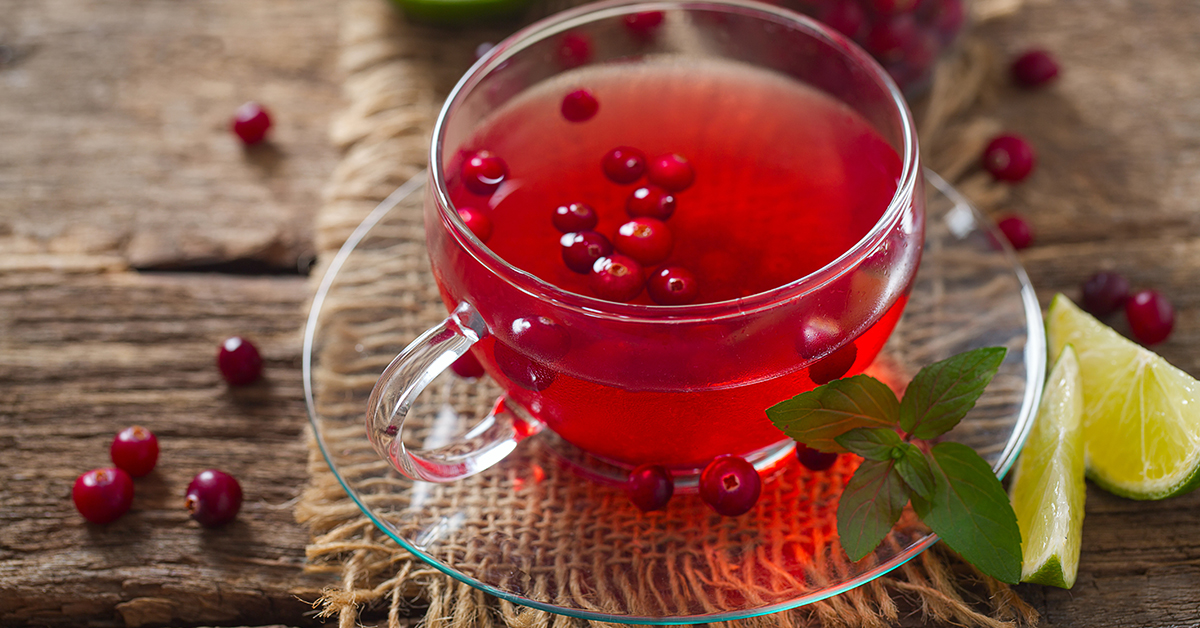
Gentle Urinary Support Tea
Ingredients (for a single serving):
- 1 teaspoon dried cranberry
- 1 teaspoon dried corn silk
- ½ teaspoon dried dandelion leaf
- 1 cup of boiling water
Preparation:
- Mix the herbs in a teapot.
- Pour boiling water over the herbs and steep for 10 minutes.
- Strain and drink twice daily to support urinary tract health and mild UTI prevention.
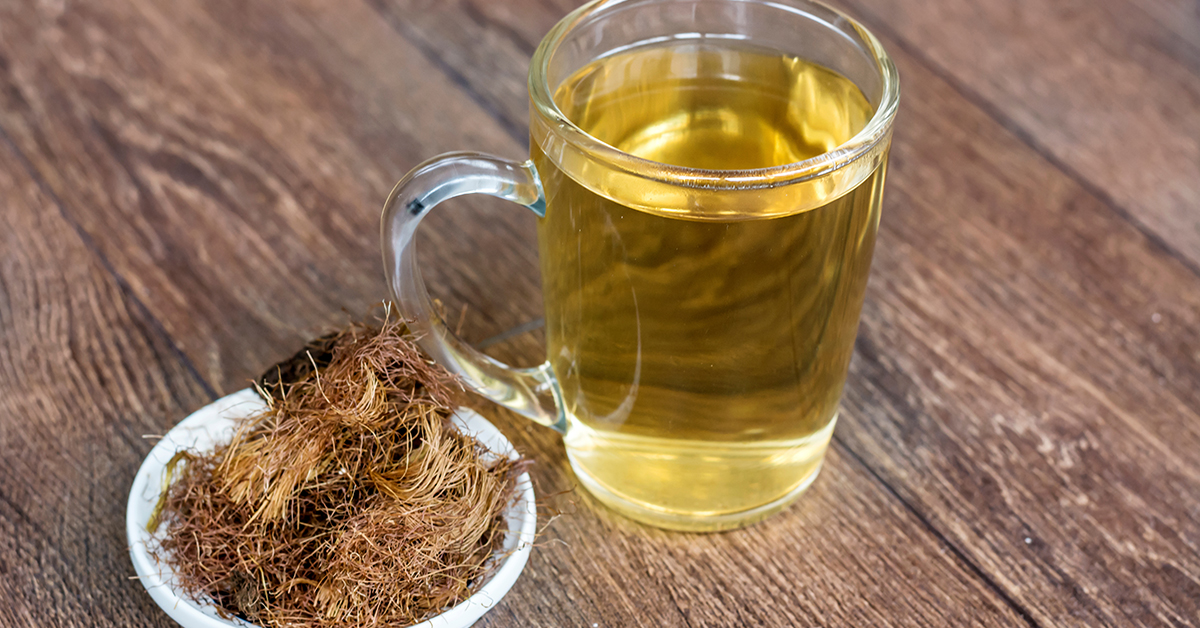
Diuretic Blend
Ingredients (for a single serving):
- 1 teaspoon dried nettle leaf
- 1 teaspoon dried dandelion leaf
- ½ teaspoon dried corn silk
- 1 cup of boiling water
Preparation:
- Combine all dried herbs in a teapot.
- Add boiling water and steep for 15 minutes.
- Strain and drink once daily to promote healthy urine flow and support kidney function.
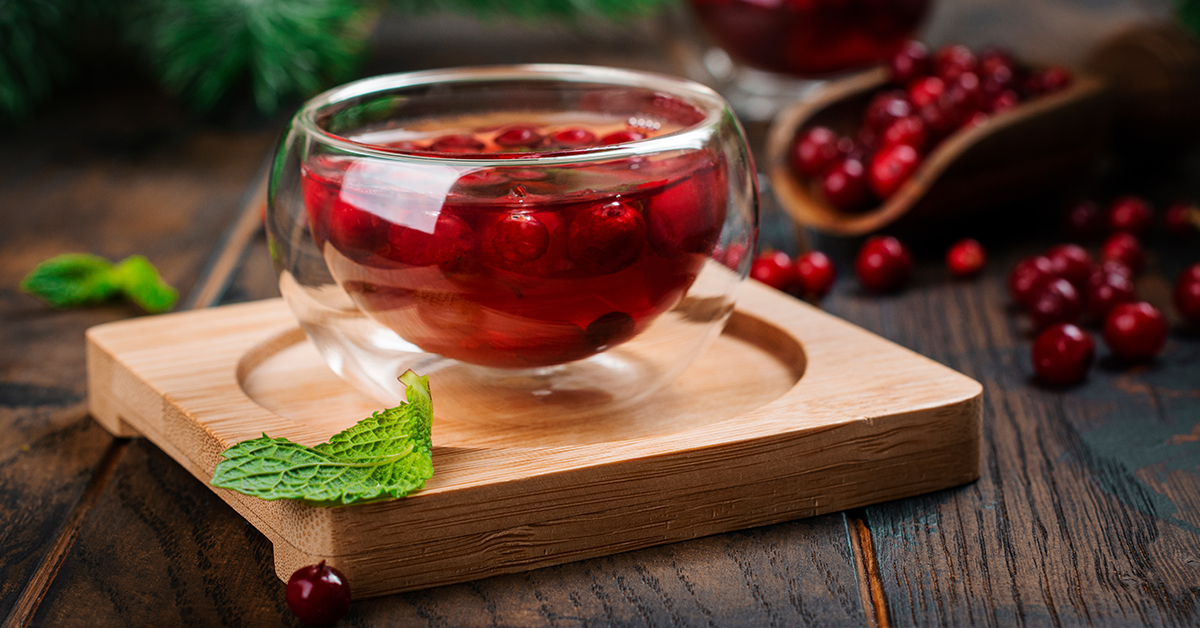
UTI Prevention Infusion
Ingredients (for a single serving):
- 1 teaspoon dried cranberry
- ½ teaspoon dried bearberry leaf
- ½ teaspoon dried goldenseal root
- ½ teaspoon dried horsetail
- 1 cup of boiling water
Preparation:
- Mix herbs in a teapot, add boiling water, and steep for 10-15 minutes.
- Strain and drink once daily, preferably in the morning, to help prevent UTIs.
- Limit use to 7-10 days due to the potency of goldenseal and bearberry.
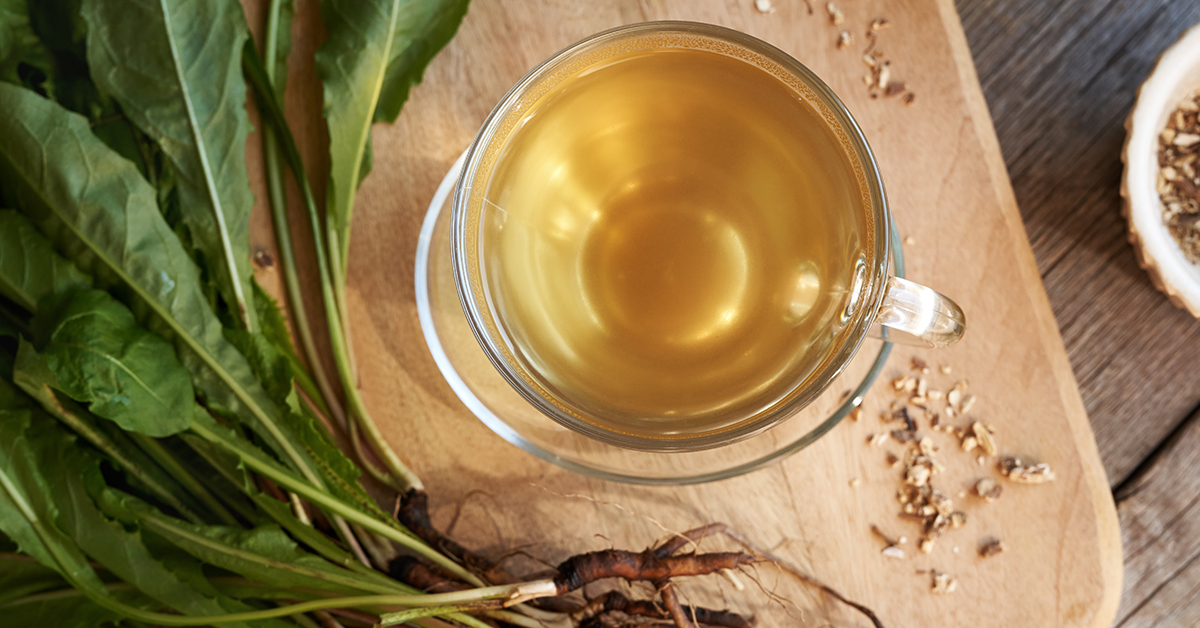
Urinary Tract Soothing Tea
Ingredients (for a single serving):
- 1 teaspoon dried nettle leaf
- ½ teaspoon dried corn silk
- ½ teaspoon dried horsetail
- ½ teaspoon dried dandelion leaf
- 1 cup of boiling water
Preparation:
- Place all dried herbs in a teapot, add boiling water, and steep for 15 minutes.
- Strain and drink twice daily to soothe the urinary tract and support overall urinary health.
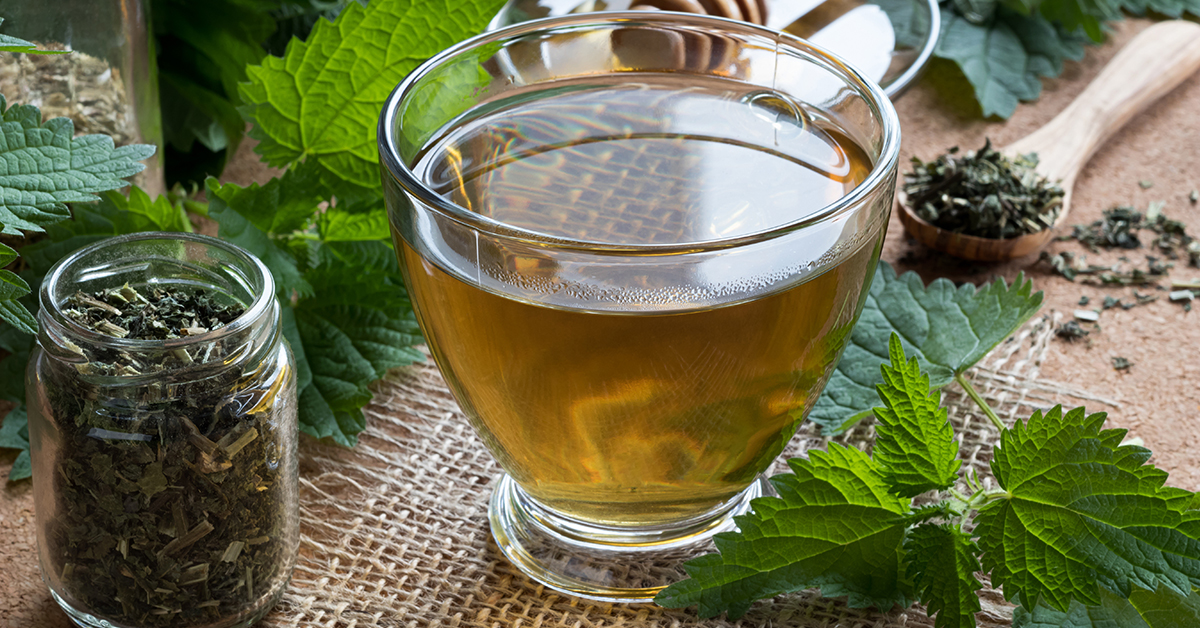
Potent UTI Relief Blend
Ingredients (for a single serving):
- ½ teaspoon dried bearberry leaf
- ½ teaspoon dried goldenseal root
- ½ teaspoon dried cranberry
- ½ teaspoon dried nettle leaf
- ½ teaspoon dried horsetail
- 1 cup of boiling water
Preparation:
- Combine herbs in a teapot, cover with boiling water, and steep for 10 minutes.
- Strain and drink twice daily for up to 5 days to address active UTI symptoms.
- Due to the potency of bearberry and goldenseal, limit use to short periods and consult a healthcare provider before use.
These tea recipes offer a range of options for supporting urinary tract health, from gentle daily support to more potent blends for addressing active UTI symptoms. Adjust the blends according to personal needs and always seek medical advice for persistent or severe urinary tract issues.
☯️ Integrating Herbs into Daily Life for Urinary Tract Health
Incorporating herbs into your daily routine can support urinary tract health. Here are practical tips for using herbs effectively and complementary practices to maximize their benefits.
Daily Use and Lifestyle Integration
- 🫖 Herbal Teas: Start your day with a cup of herbal tea made from nettle or dandelion. These teas can become a soothing morning ritual that supports urinary health throughout the day. For those prone to UTIs, drinking cranberry juice or tea may help reduce the risk of infection by preventing bacteria from adhering to the urinary tract walls.
- 💚 Herbal Supplements: If you prefer not to drink herbal teas, consider taking herbs like cranberry, nettle, or bearberry in capsule or tincture form. These forms are convenient and can be incorporated into your daily supplement regimen.
- 🫗 Water Infusions: Add a few fresh dandelion leaves or corn silk to your water bottle for continuous, gentle support throughout the day. This not only flavors the water but also provides ongoing herbal benefits.
Additional Practices to Support Urinary Health
- 💧 Hydration: Drinking plenty of water is crucial for urinary tract health. Aim for at least 8 glasses of water daily to help flush out bacteria and toxins from your urinary system.
- 🍎 Dietary Adjustments: Incorporate foods that naturally support urinary health, such as cranberries, blueberries, and foods rich in vitamin C. These can enhance the effects of herbal treatments.
- 💊 Probiotics: Consuming probiotic-rich foods or supplements can help maintain a healthy balance of bacteria in your urinary tract and digestive system.
- 🛀 Hygiene Practices: Proper hygiene, especially after using the bathroom and during intimate activities, can help prevent bacteria from entering the urinary tract.
- 🚴 Regular Exercise: Physical activity like walking or yoga can help improve circulation and support overall urinary health.
- 😴 Stress Management: Techniques like deep breathing exercises or meditation can reduce stress, which can impact urinary health.
Integrating these herbs and practices into your daily life can help manage urinary tract issues and promote overall urinary wellness. Start with smaller doses to see how your body reacts. If you have existing health conditions or are taking medications, it’s important to talk to your doctor before starting any new herbal regimen.
🌱 Navigating Herbs Safely
Starting with small doses is the first step when adding herbal remedies to your health routine. This approach lets you see how you respond and adjust amounts for the best effect, keeping safety in mind. While many herbs are safe, everyone’s body reacts differently. If you notice any side effects, it’s important to stop and think about what might be causing them.
Remember, herbs can sometimes interact with prescription medicines. These interactions might make your medicines work too well or not well enough, which is why talking to a healthcare provider or an herbalist is essential. This is especially crucial if you’re pregnant, breastfeeding, taking medications regularly, or have an existing health condition. Getting advice tailored to your situation can help you avoid any unnecessary risks.
For kids and older adults, being extra careful with herbs is important. Their bodies might react more strongly to herbal remedies, and the chance of side effects or interactions could be greater. Before giving herbal treatments to children or elderly family members, getting advice from a professional is a must to ensure their safety.
By being cautious and seeking expert advice when needed, you can make herbal remedies a safe part of your wellness plan. This careful approach allows you to enjoy the benefits of herbs while keeping yourself and your family safe.
Cranberry contains compounds that may prevent bacteria from adhering to urinary tract walls, while nettle acts as a natural diuretic and may reduce inflammation. Goldenseal has antimicrobial properties that could help fight UTI-causing bacteria. Horsetail supports connective tissue health and may strengthen urinary tract walls. Dandelion acts as a diuretic and provides immune support. Bearberry has antibacterial properties but should be used cautiously. Corn silk may help soothe irritated urinary tissues.
Additional lifestyle practices like staying hydrated, maintaining proper hygiene, exercising regularly, and managing stress are recommended to complement herbal remedies. However, while these herbs show promise, more research is needed to fully establish their effectiveness. Always consult a healthcare provider before starting any new herbal regimen, especially if you have existing health conditions or are taking medications.
FAQ
What are the most effective herbs for preventing urinary tract infections (UTIs)?
Cranberry is one of the most well-known natural remedies for preventing UTIs. It contains proanthocyanidins that may help prevent bacteria, particularly E. coli, from adhering to the urinary tract walls. Regular consumption of cranberry juice or supplements has been shown to potentially reduce the frequency of UTIs, especially in women who are prone to recurrent infections. Bearberry, also known as uva ursi, is another herb traditionally used for urinary tract health. It contains arbutin, which converts to hydroquinone in the body, a compound with antibacterial properties. This makes bearberry potentially effective in fighting urinary tract infections, particularly those caused by E. coli. However, it should be used cautiously and only for short periods due to potential liver toxicity with prolonged use. Goldenseal is also beneficial, as it contains berberine, an alkaloid with antimicrobial properties that may help combat UTI-causing bacteria. As with bearberry, goldenseal should be used cautiously and under medical supervision due to potential interactions with other medications. While these herbs can be helpful in preventing UTIs, it's important to note that they are not substitutes for antibiotics in treating active infections.
How can herbs help with symptoms of urinary tract discomfort?
Several herbs can help alleviate symptoms of urinary tract discomfort. Nettle acts as a natural diuretic, helping to flush out bacteria and toxins from the urinary system. Its anti-inflammatory properties may also help reduce urinary tract irritation and discomfort associated with UTIs. Corn silk is another herb that can soothe irritated urinary tract tissues due to its anti-inflammatory properties. It may help reduce urinary tract inflammation and alleviate general discomfort, though more research is needed to confirm its effectiveness. Dandelion, often overlooked as a weed, can be beneficial for urinary health. It acts as a natural diuretic, promoting urine production and helping to flush out the urinary system. This can help prevent bacteria buildup that can lead to UTIs and associated discomfort. Horsetail is rich in silica, which supports the health of connective tissues, including those in the urinary tract. While these herbs can provide relief, it's important to consult a healthcare provider if symptoms persist or worsen.
Are there any potential side effects or interactions to be aware of when using herbs for urinary tract health?
While herbs can benefit urinary tract health, it's important to be aware of potential side effects and interactions. While effective against bacteria, Goldenseal should be used in moderation and under guidance, as prolonged use can disrupt natural gut flora and may interact with certain medications. Despite its strong antibacterial properties, Bearberry should be used cautiously and for short periods due to potential liver toxicity with prolonged use. It's crucial to use bearberry under medical supervision. Horsetail contains thiaminase, an enzyme that can break down thiamine (vitamin B1), so it should be used carefully, especially by individuals with a history of thiamine deficiency. Some herbs, like dandelion and nettle, act as diuretics and may increase the effects of certain medications or cause dehydration if not balanced with adequate fluid intake. It's also important to note that while these herbs can support urinary tract health, they should not be considered substitutes for medical treatment of active UTIs or other urinary tract conditions. Always consult a healthcare provider before starting any new herbal regimen, especially if you have existing health conditions or are taking medications, to ensure no potential interactions or contraindications.

